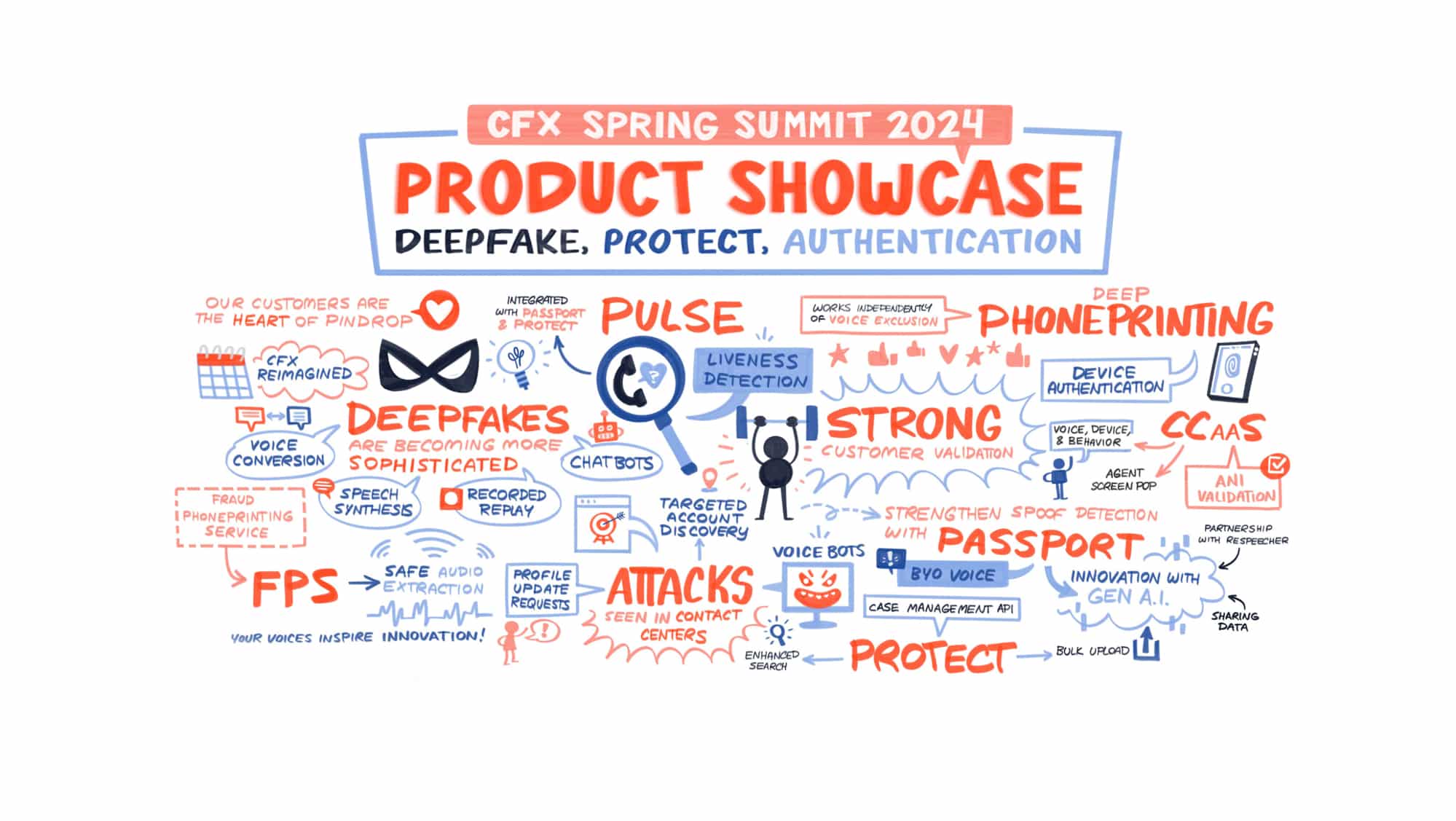Depending upon your definition of the word, this presidential campaign cycle has included perhaps more surprises than any other in recent memory. Leaked videos, tax returns, and other data dumps have turned the 2016 campaign into the first to be defined by a modern information war.
Political campaigns by their very nature always have been info wars to a large extent. While the main goal of a candidate obviously is to win the race, a secondary objective and key method for achieving the main goal is to discredit the opponent and shape the public narrative to fit his or her own needs. That objective can be achieved in a number of ways, and we’ve seen candidates and their supporters use all kinds of different methods, from distributing pamphlets and buying TV ads to infiltrating rival campaigns or burglarizing a rival party’s offices to gather intelligence. The options are limited only by one’s imagination.
And in today’s environment, whatever the imagination can conjure can be executed quickly and easily with a few keystrokes. Even Internet pioneer Al Gore likely couldn’t have envisioned today’s infowar campaigns. For decades, people have been leaking embarrassing information about political candidates to the media, but the leaks that we’re seeing published now are mostly enabled by the ubiquity of technology and the fundamental misunderstanding of some users of the way the Internet works and the permanence of data. Both Hillary Clinton and Donald Trump are now discovering that, like a weird uncle in town for the holidays, information has a way of hanging around and making life uncomfortable.
If information indeed wants to be free, there will always be people willing to free it and use it for their own purposes.
At the center of the current infowar is email, the wonderful medium that enables people to share potentially damaging and wildly inappropriate thoughts with anyone at the touch of a button. The possibility of Clinton’s State Department emails being released has hung over the campaign for months and while the full email archive hasn’t been released, this week has seen Wikileaks release a dump of emails belonging to John Podesta, Clinton’s campaign manager. Much of the information in the emails is banal and unrelated to the campaign, but some of it suggest that Clinton’s aides may have been communicating with Justice Department officials about when the State emails might be published. Some observers have said that the Russian government is directing the Wikileaks release, and Podesta himself suggested that might be the case, as well.
“This definitely is the first campaign that I’ve been involved with in which I’ve had to tangle with Russian intelligence agencies,” he said.
The Podesta incident is a perfect illustration of why security experts say users should consider email to be an insecure communications channel. Whoever hacked Podesta’s account doesn’t appear to have had a difficult time of it, but that’s not really the point. A determined attacker who wants to get into someone’s email account, especially one that’s tied to various other services such as iTunes or Twitter, is getting into that account eventually. And the massive storage capacity of Gmail accounts means most users don’t delete much if anything, so the amount of information available to an attacker can be enormous. And enormously damaging for a public figure.
Data has no real expiration date anymore, and the leaks and counter-leaks we’re seeing now are probably mere ripples compared to what could be coming in future elections, here in the United States and abroad. If information indeed wants to be free, there will always be people willing to free it and use it for their own purposes.
Image from Flickr stream of Nathan Borror.


